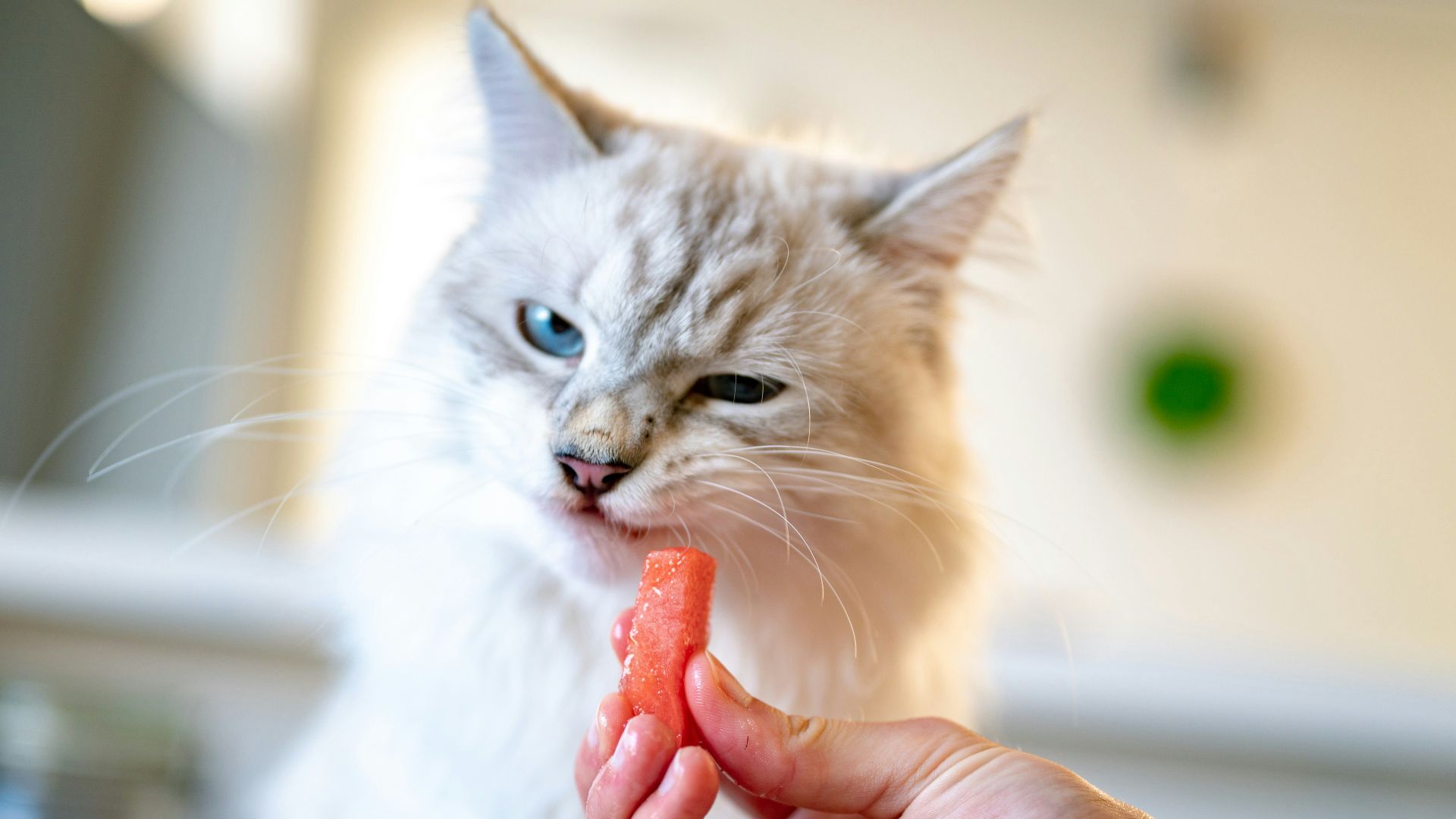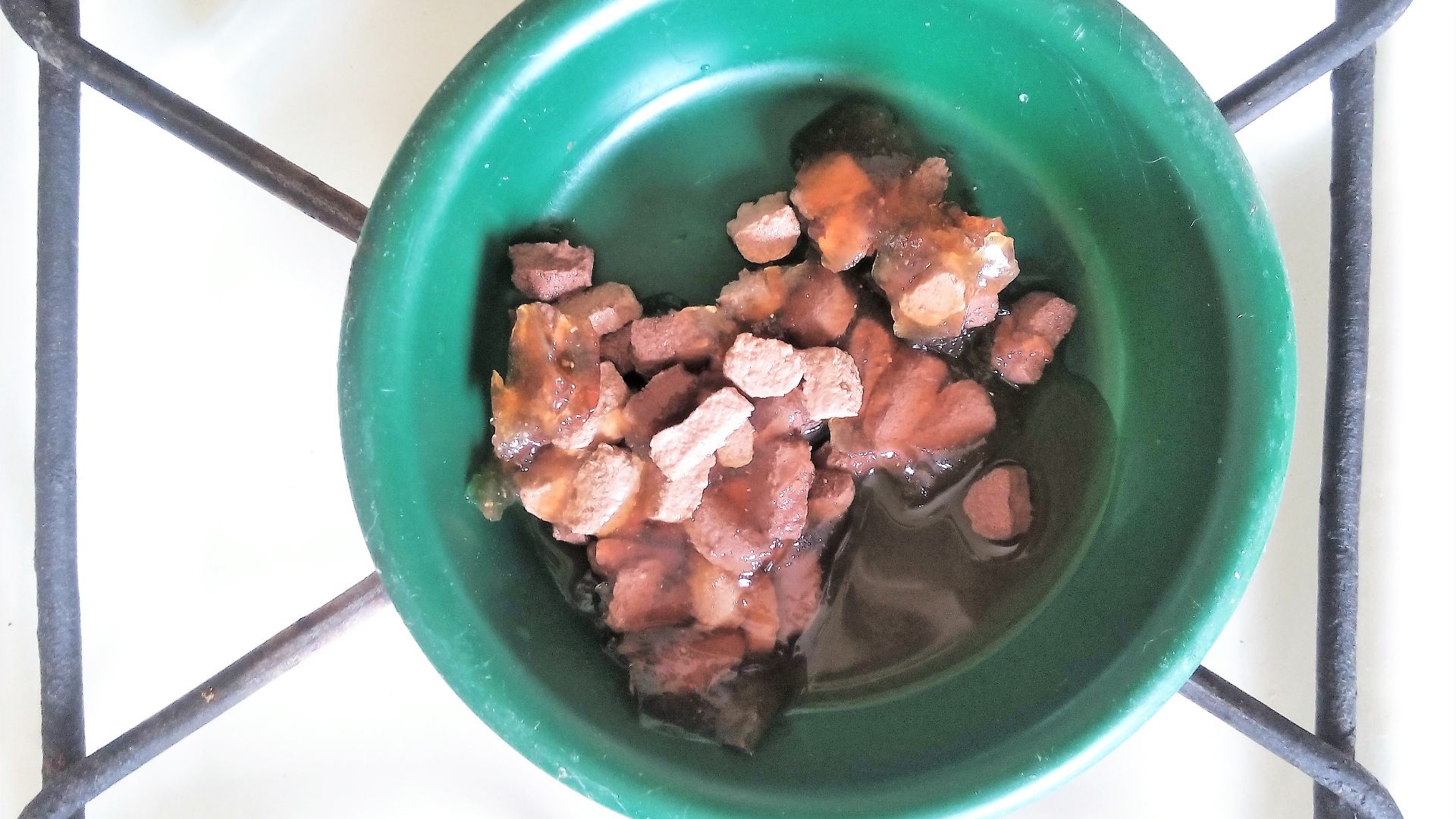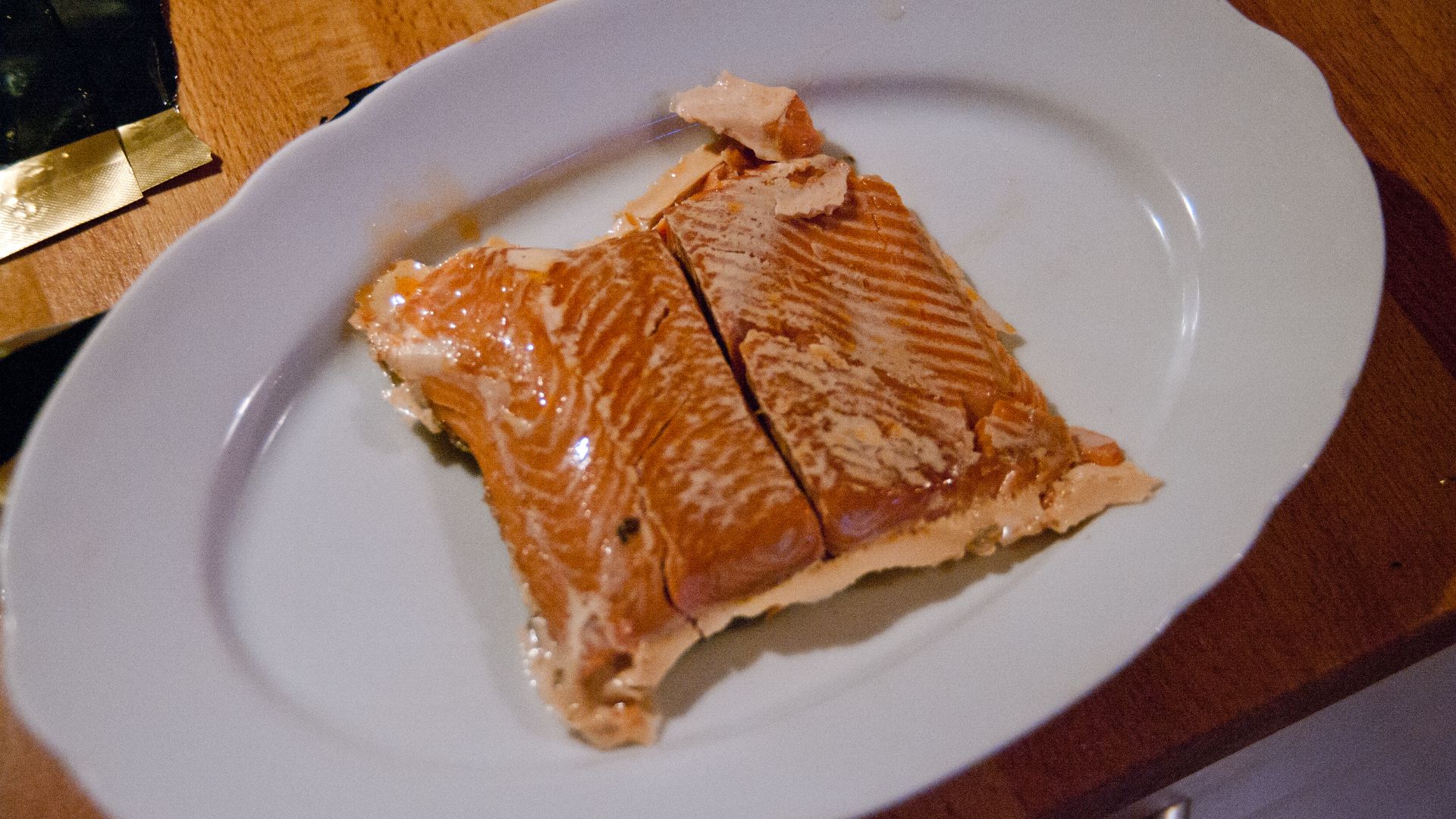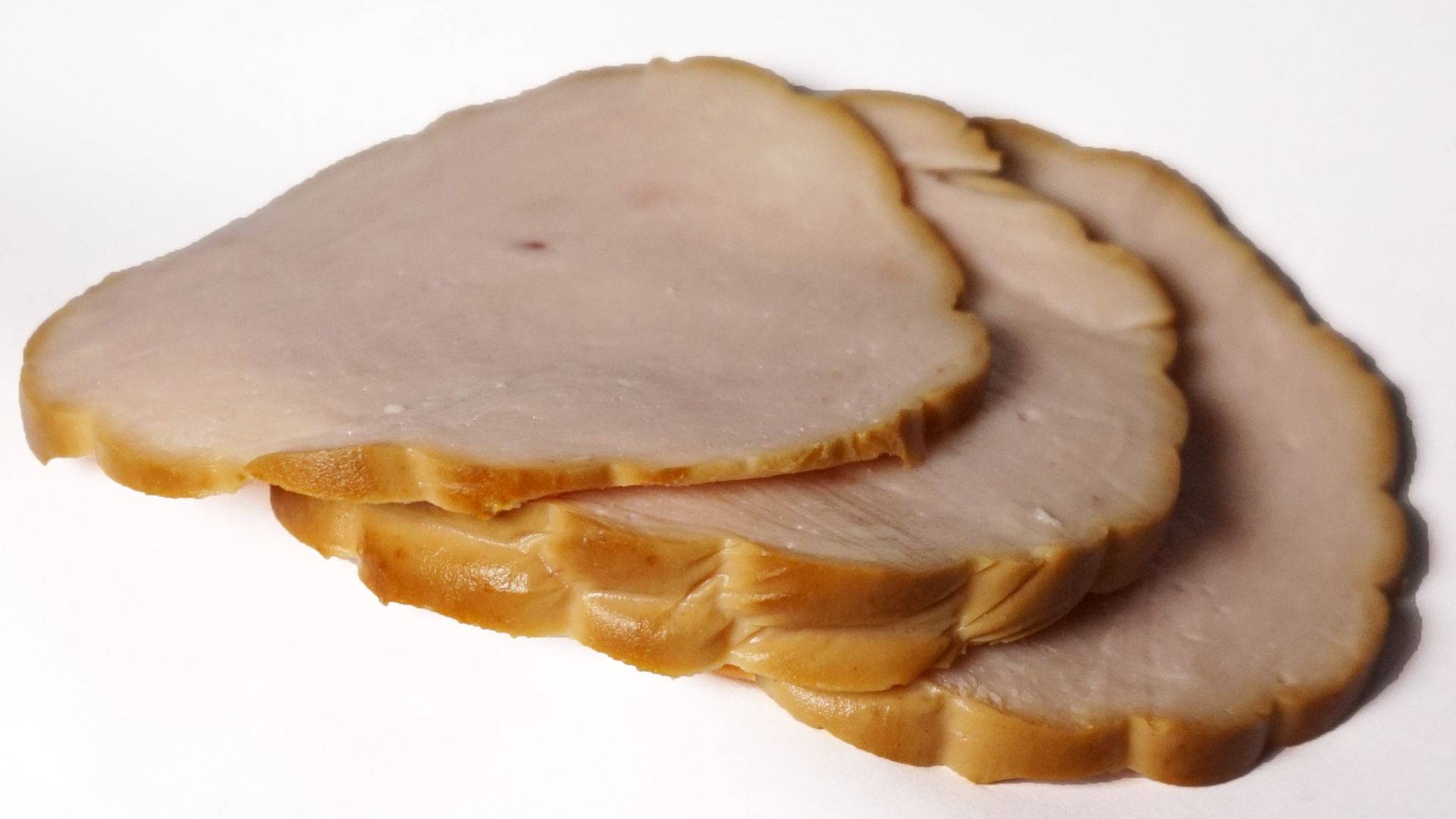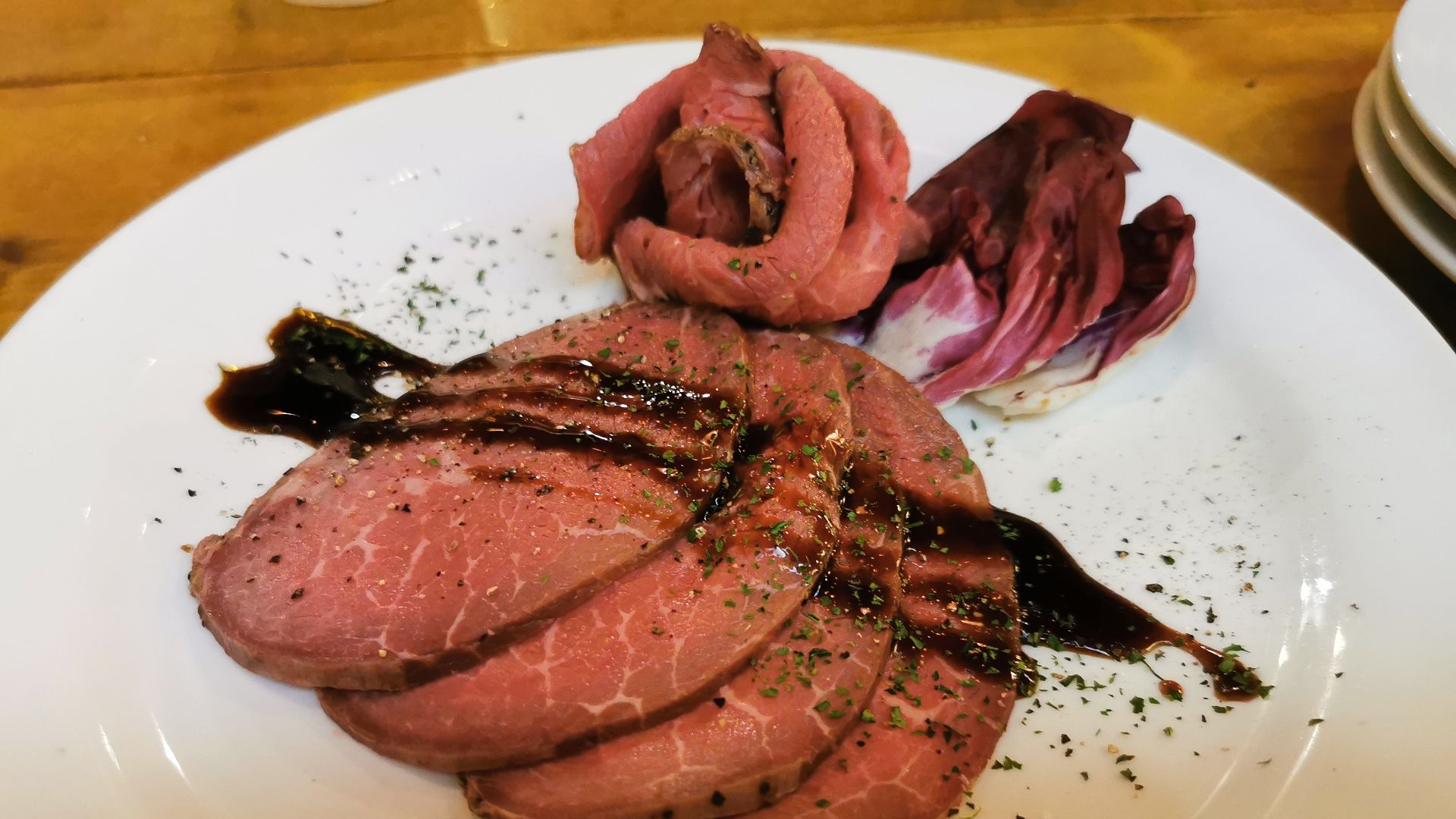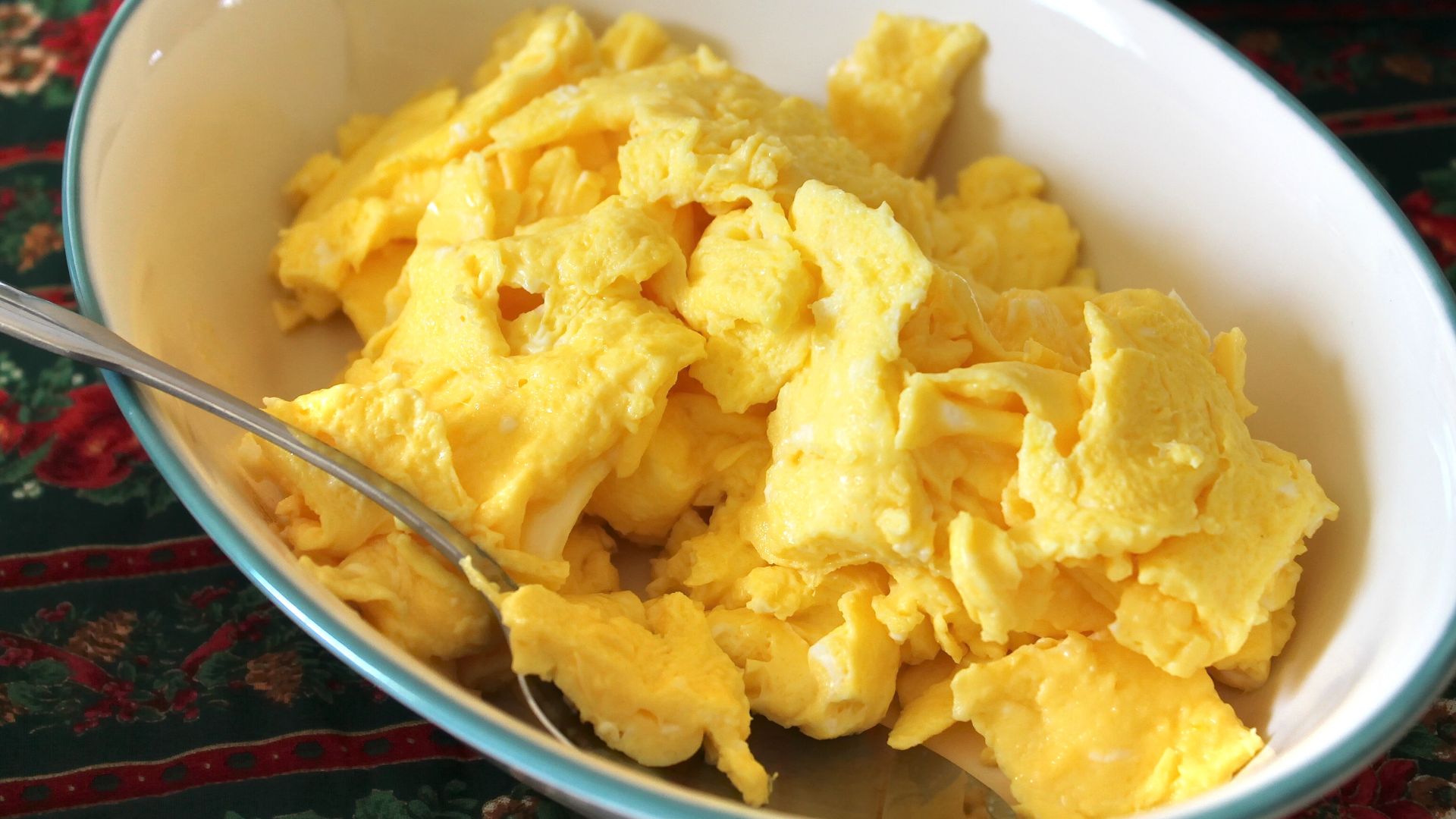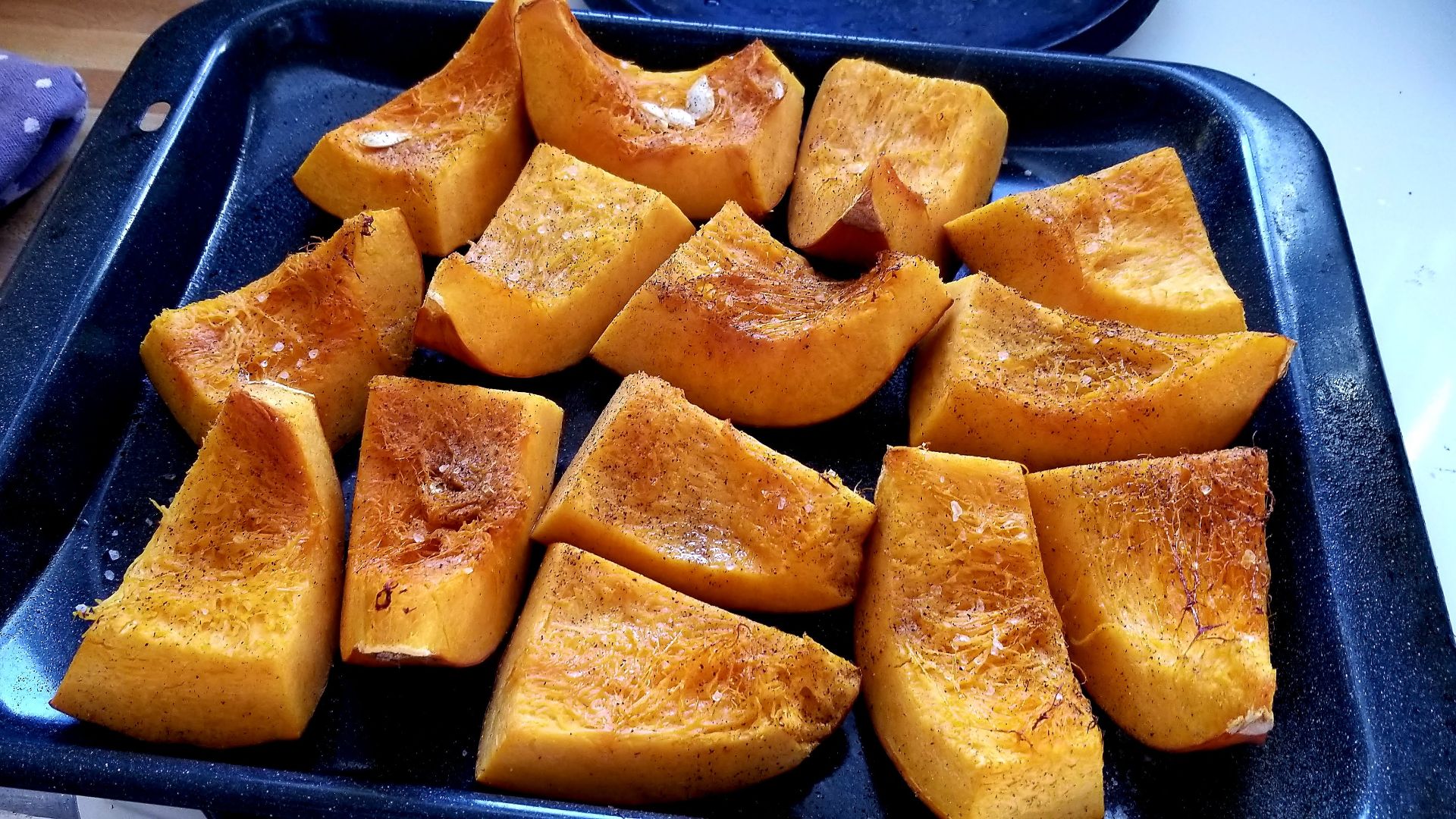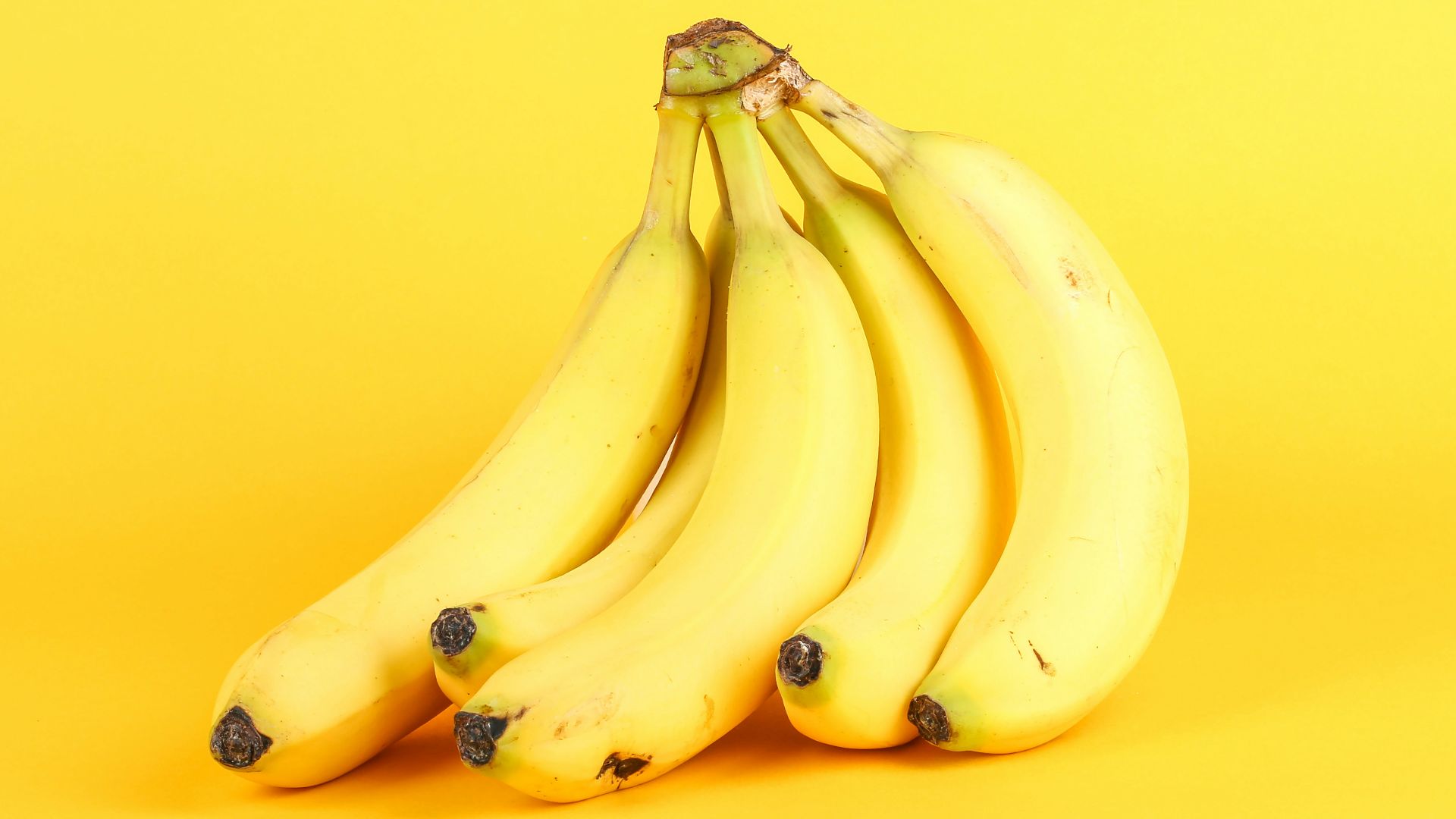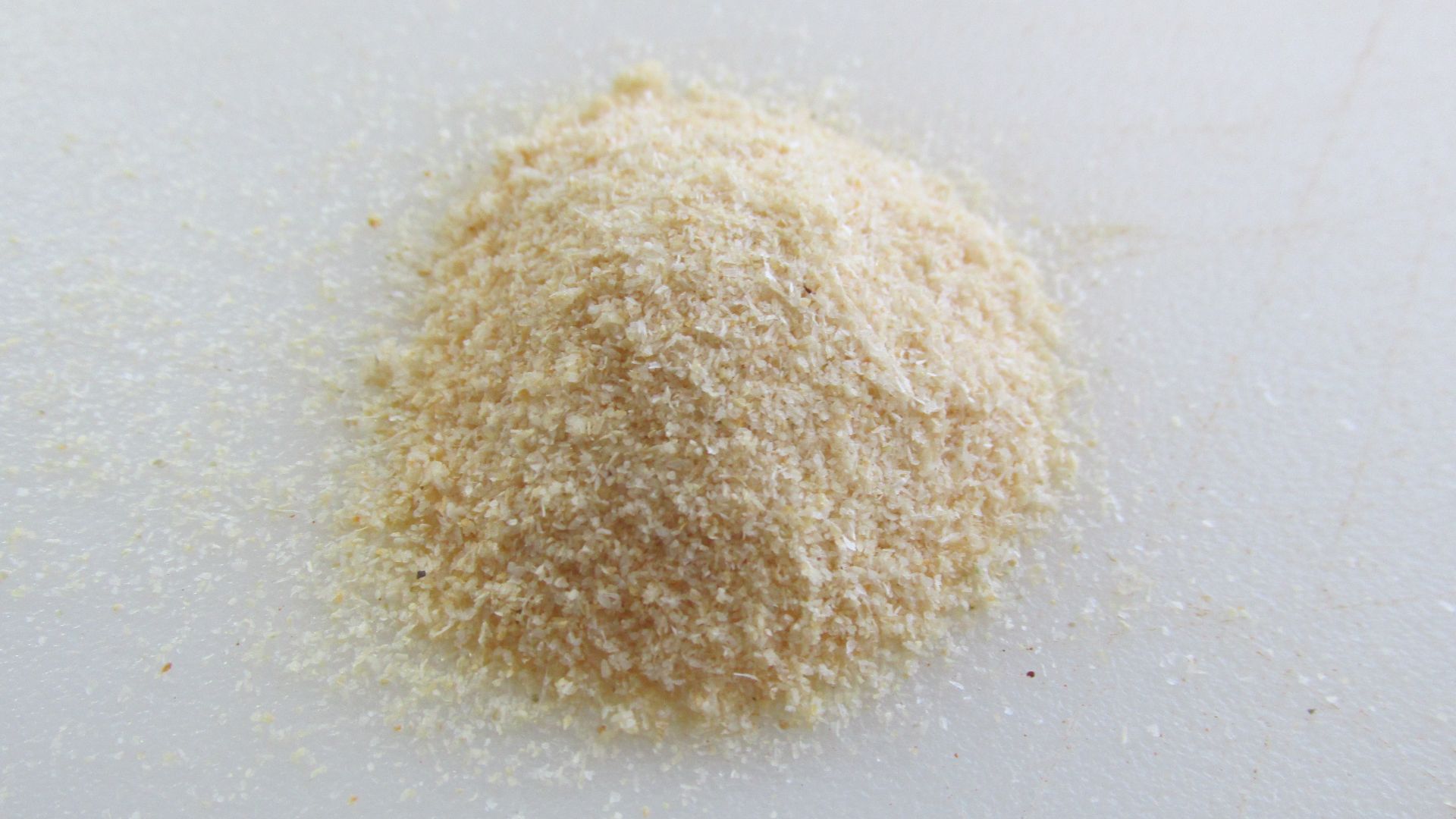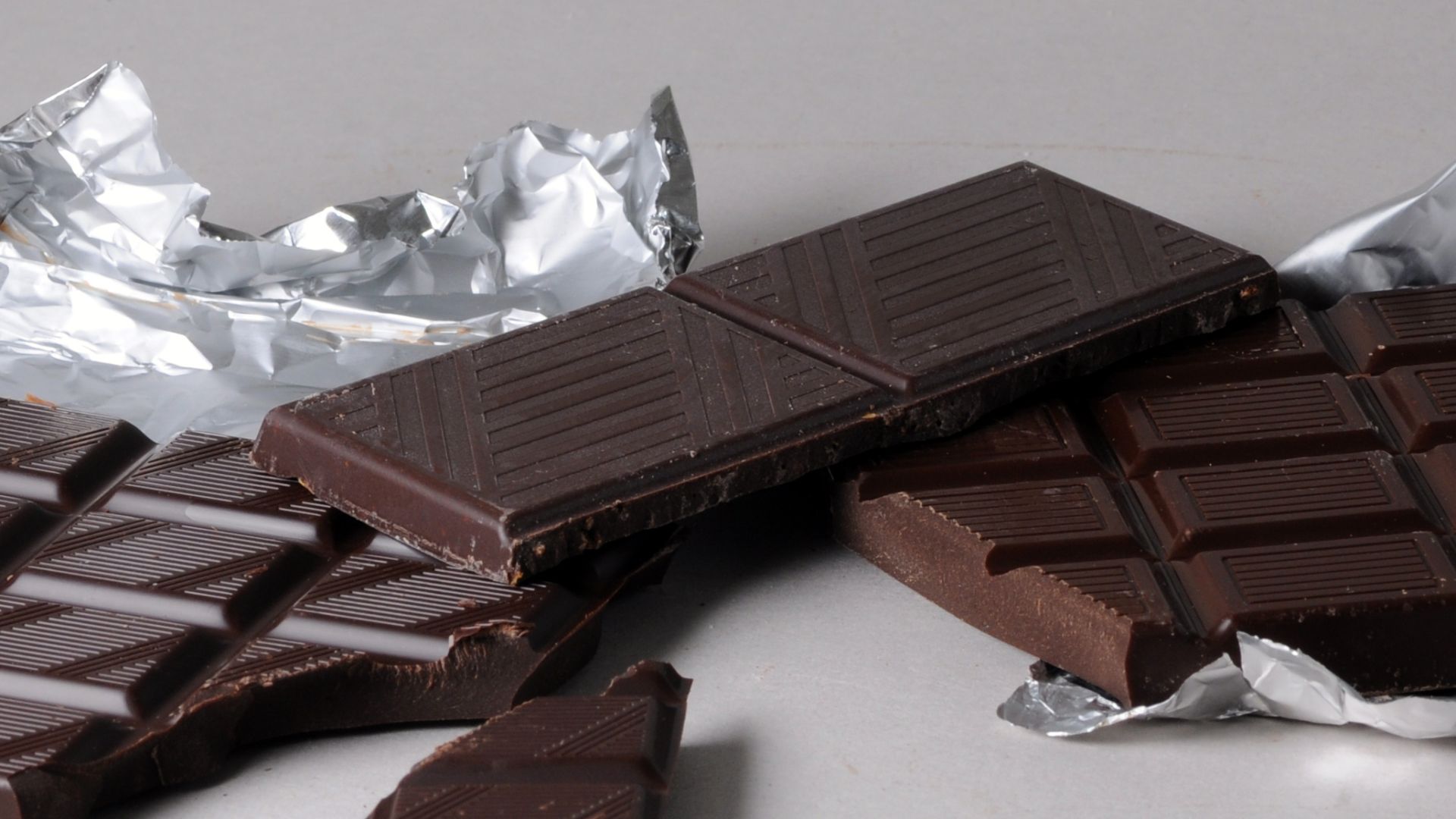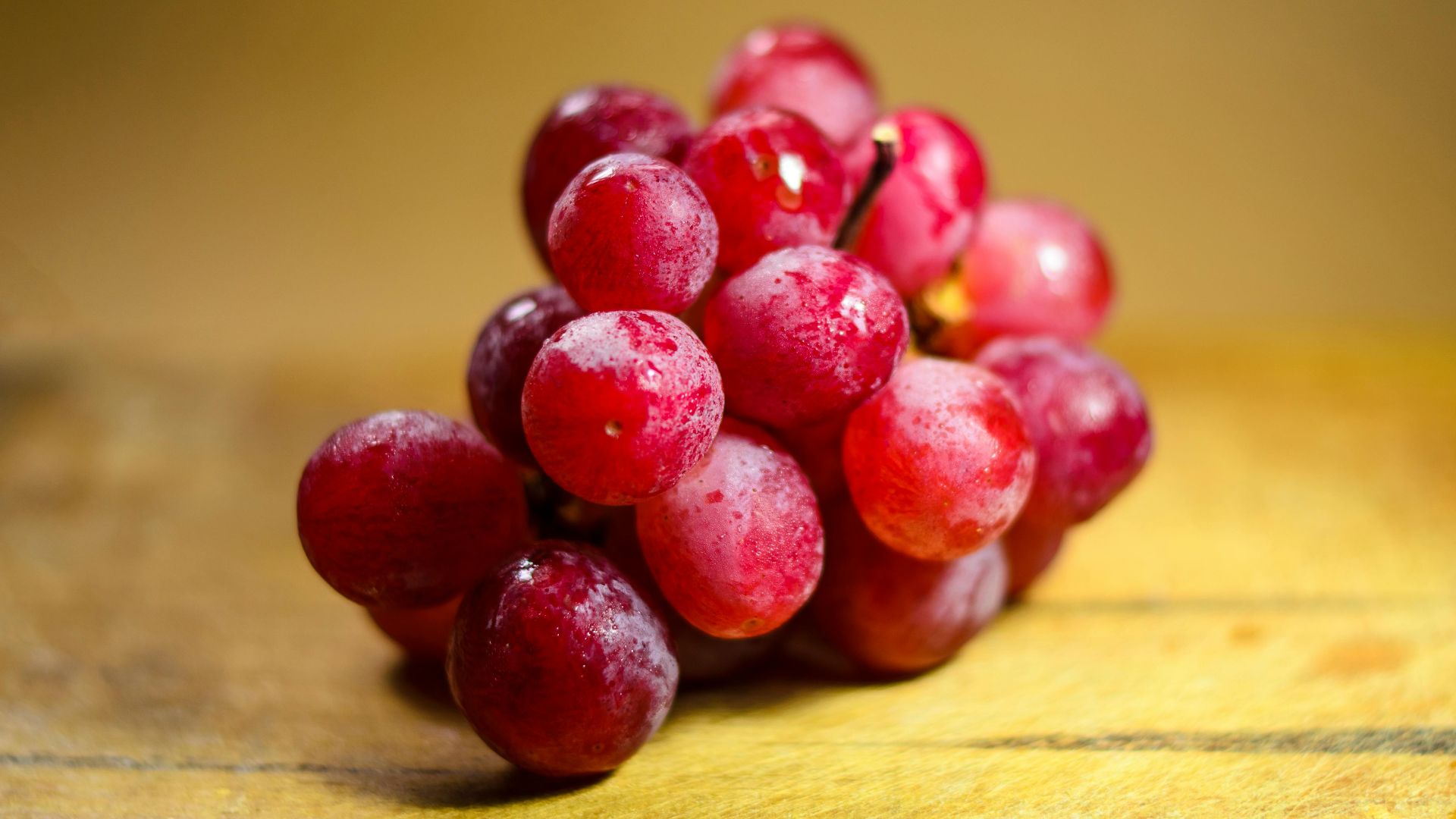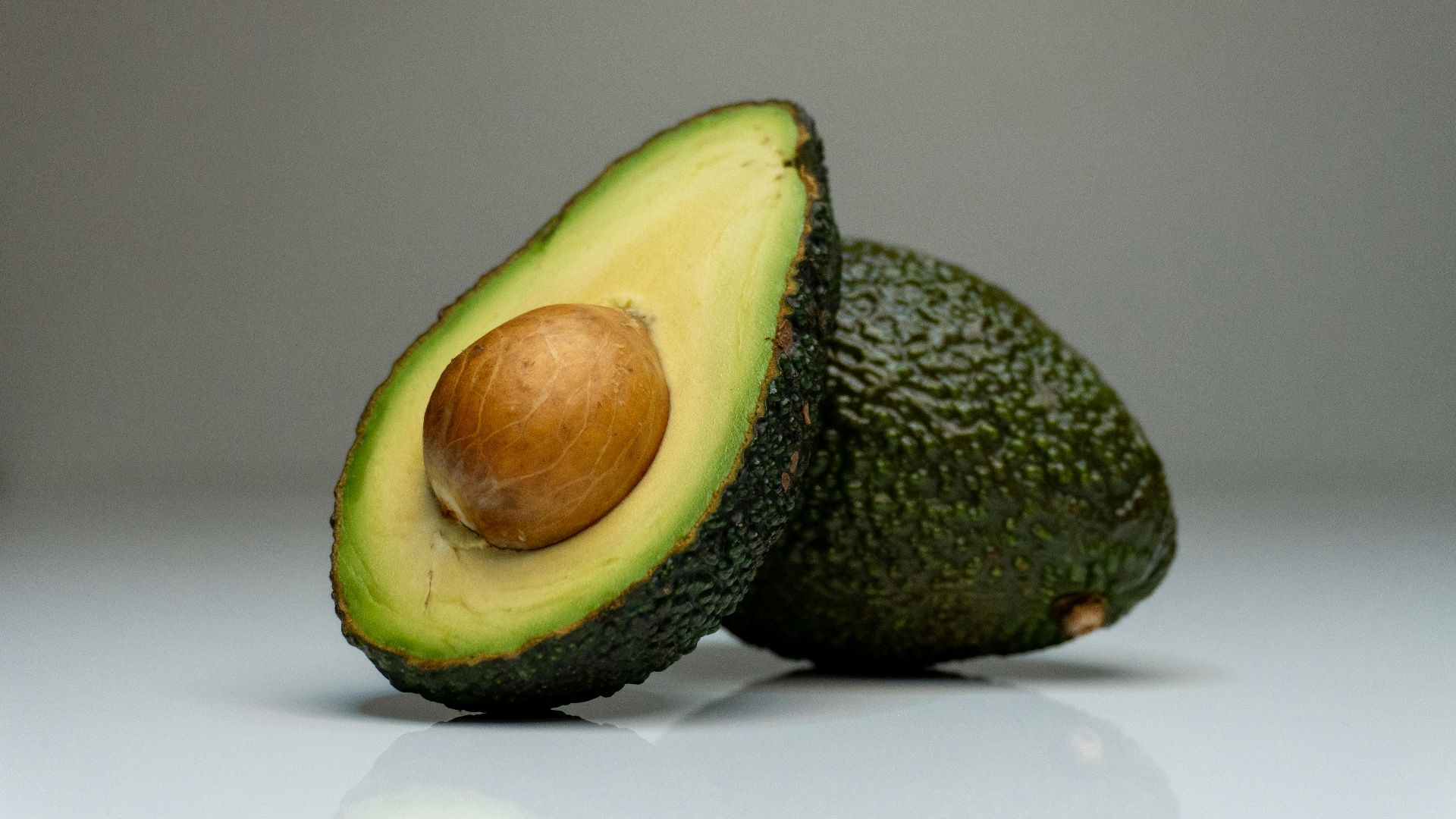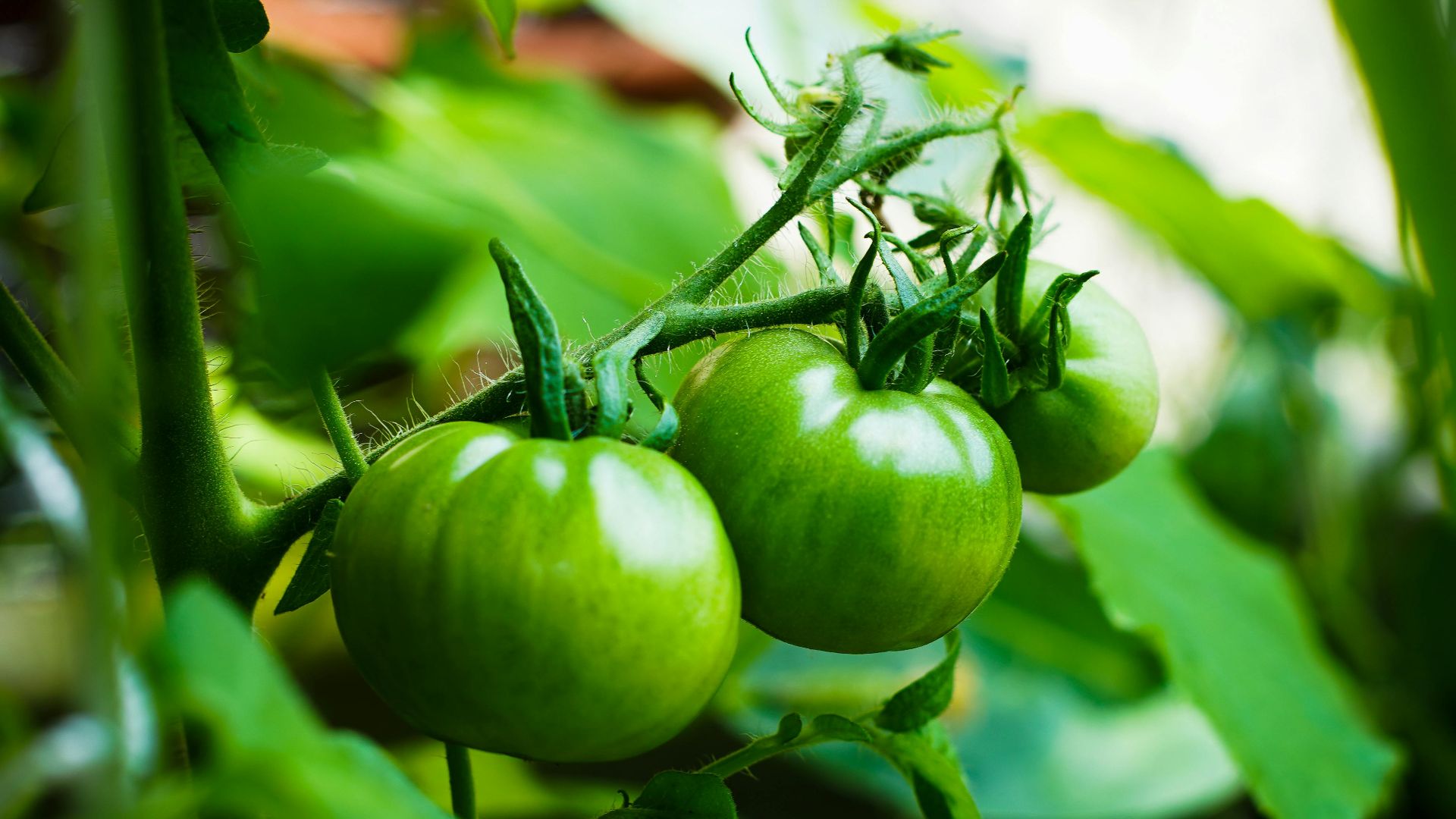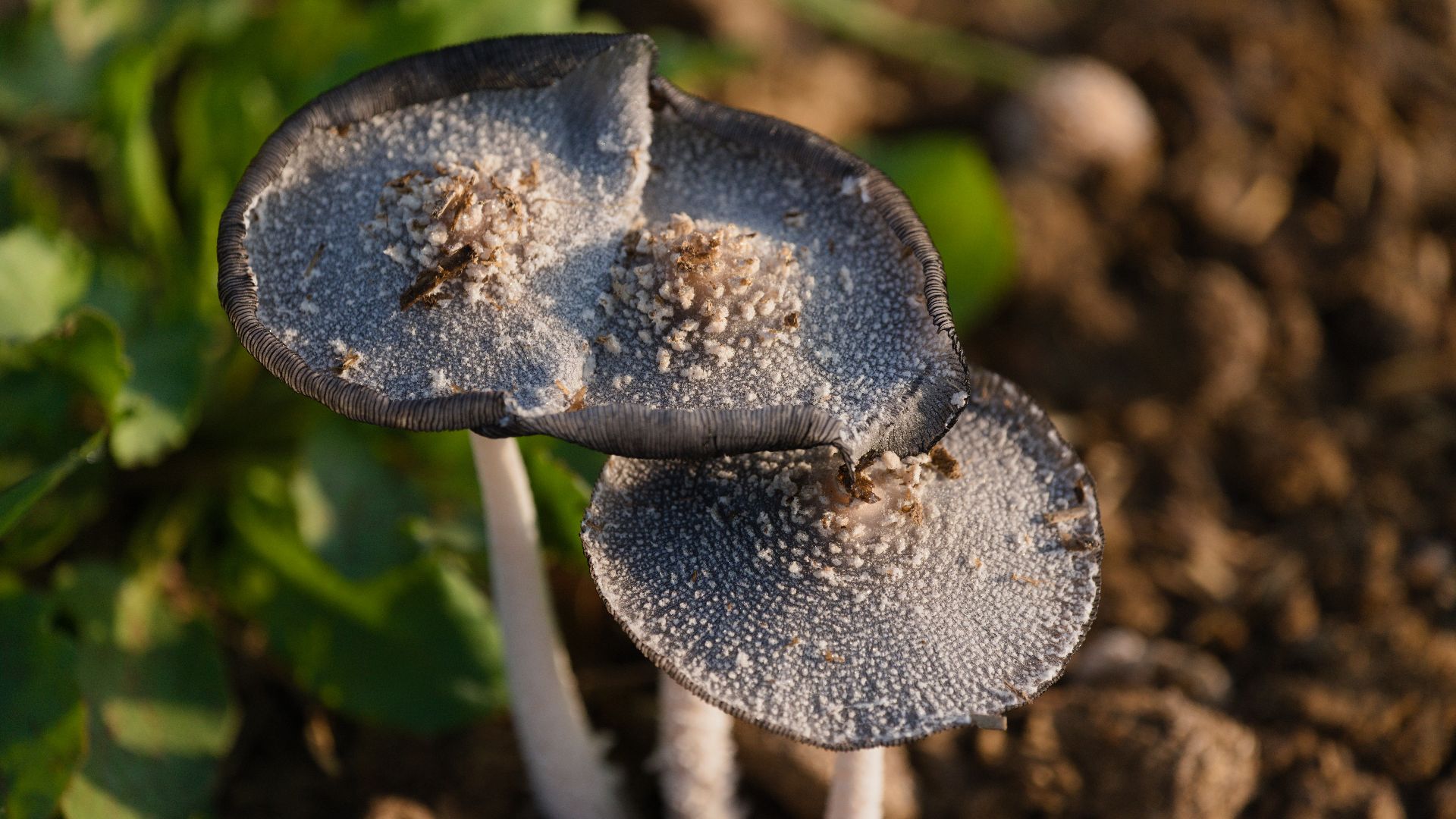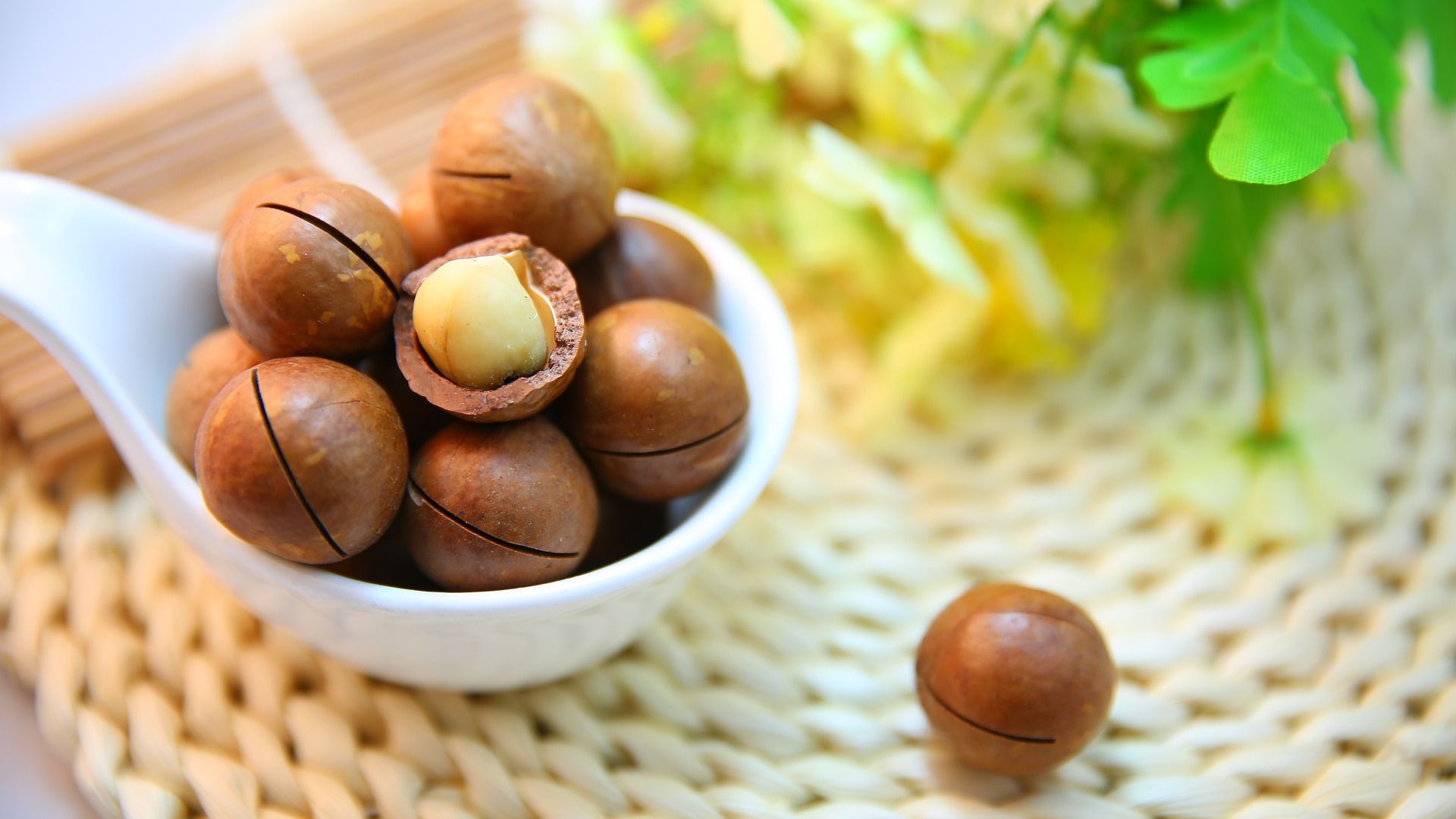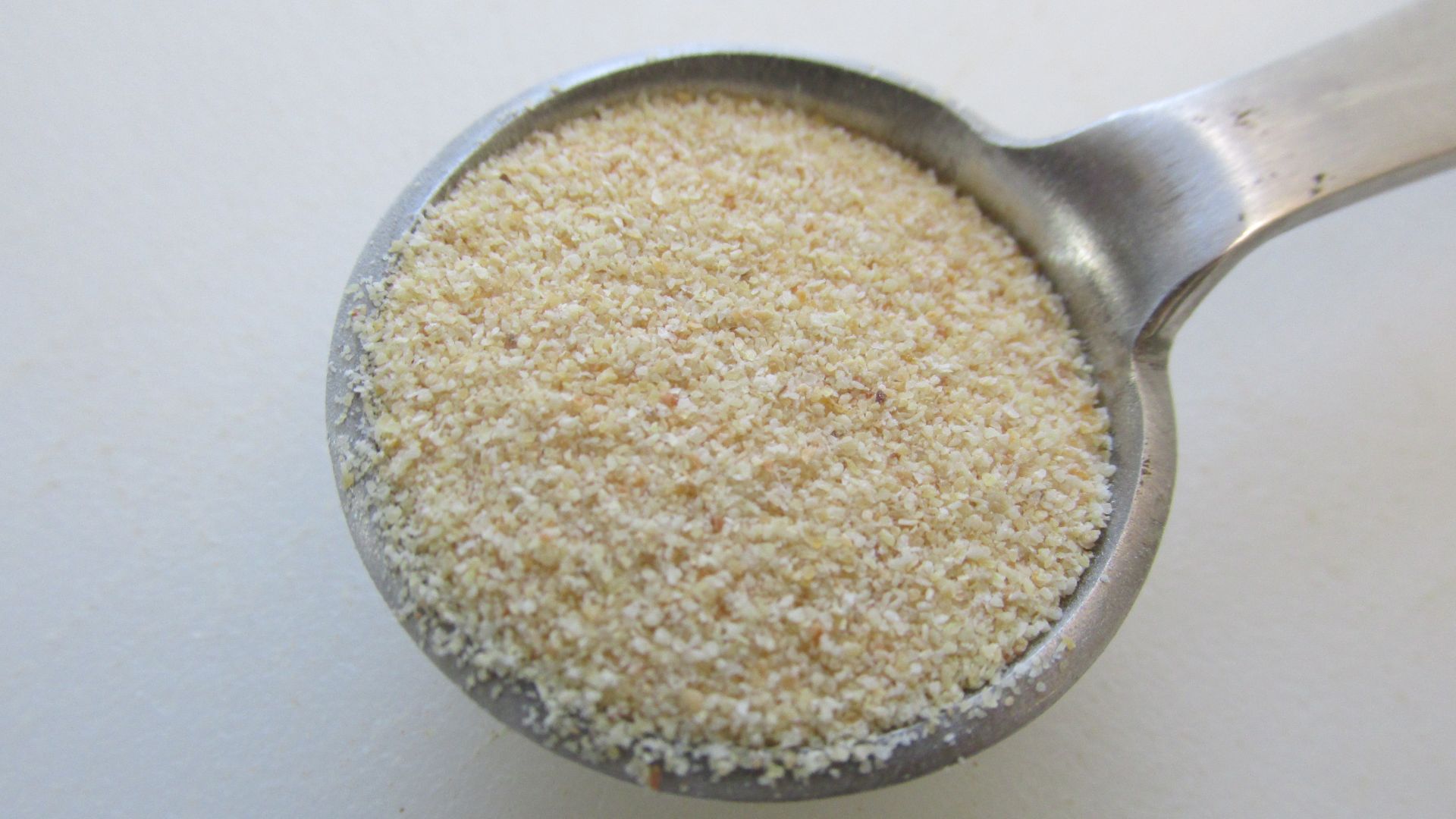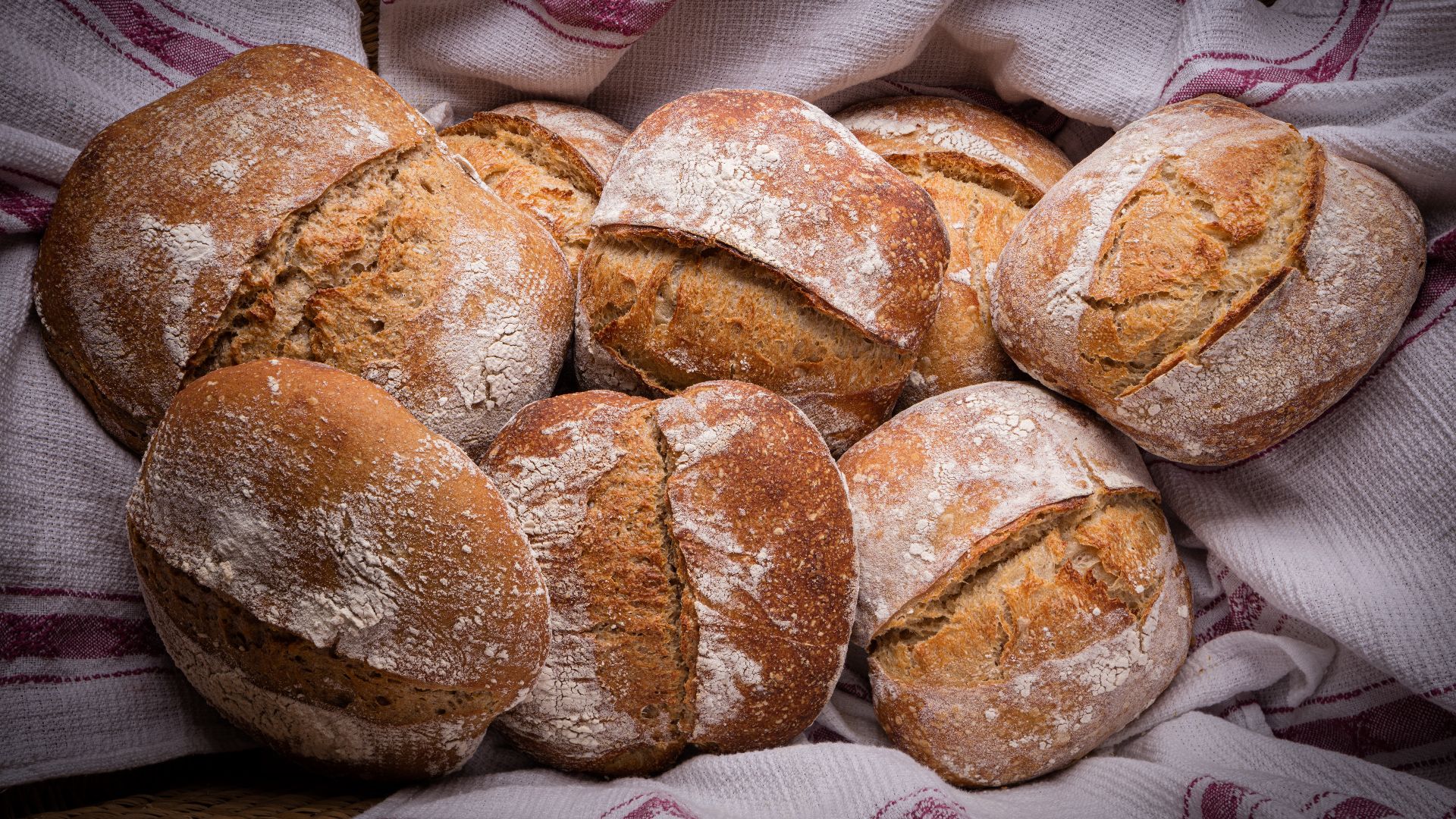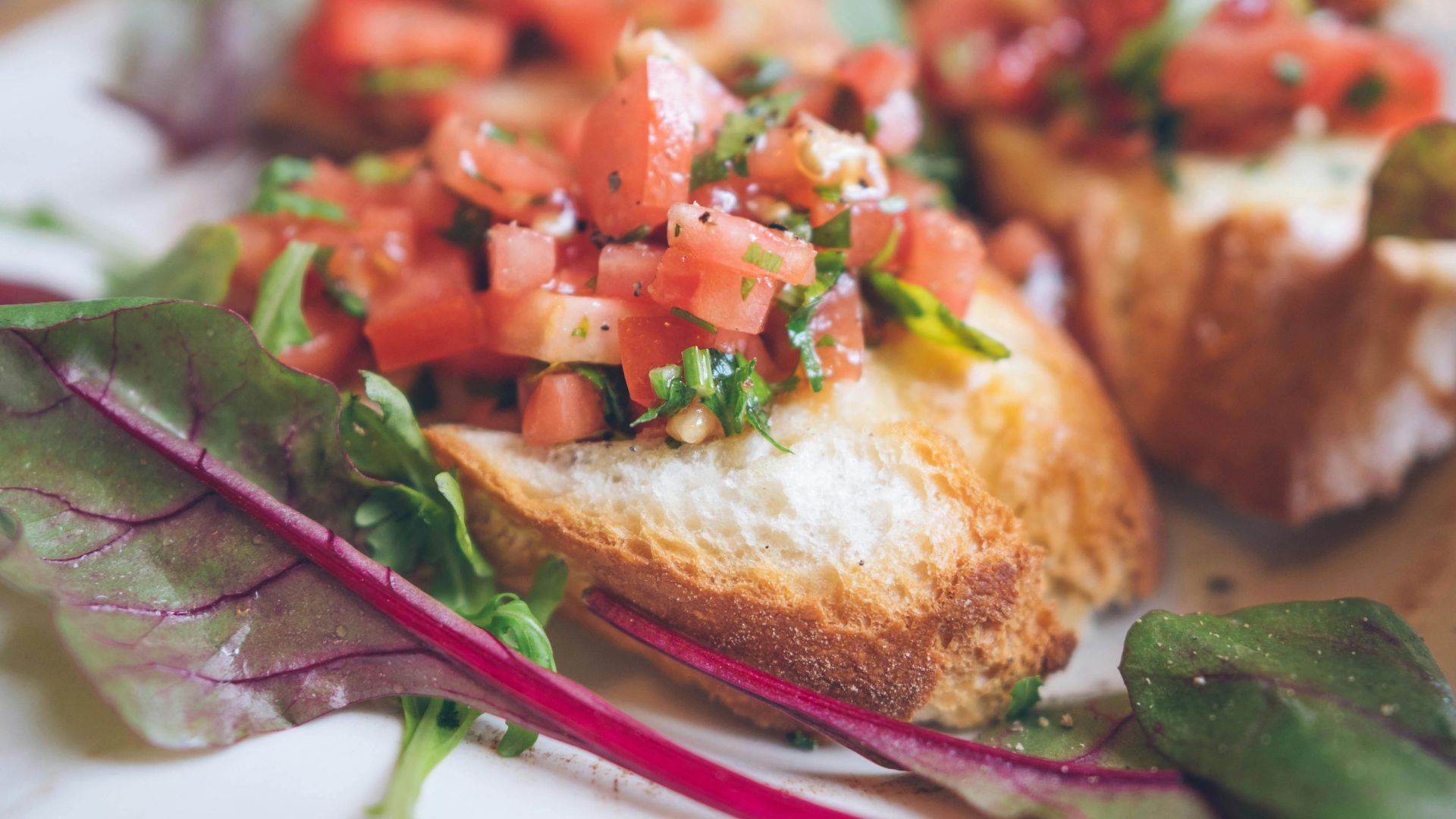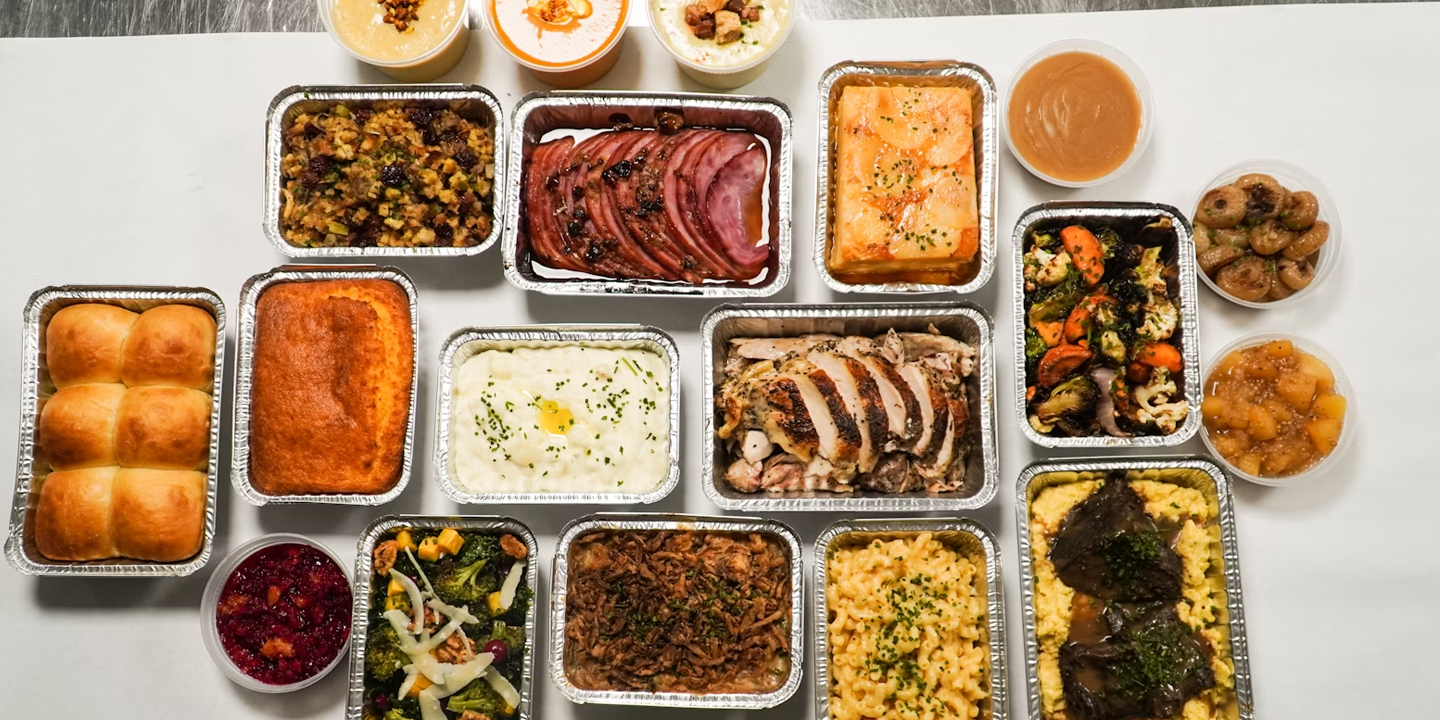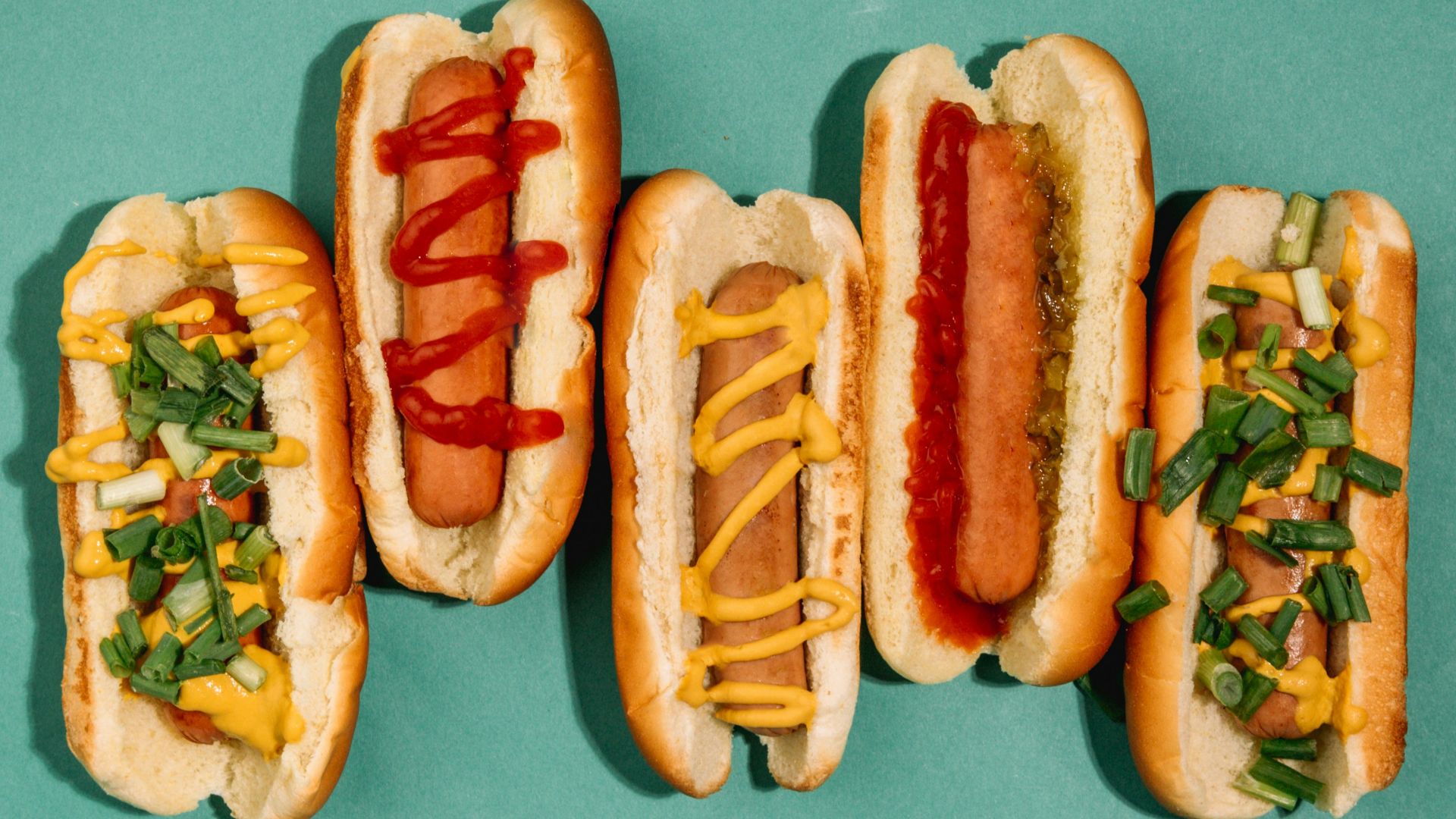The Cat Plate Debate
Cats love turning mealtime into a guessing game. One second, they’re ignoring their kibble, the next, they’re eyeing your sandwich. And as a cat parent, you’ve probably asked yourself: “Can I share this, or will it send us rushing to the vet?” The truth is, some human foods are perfectly fine for cats in moderation, while others can be downright dangerous. That’s why knowing the difference matters. So, first, here are ten foods you can share confidently.
1. Chicken
Cats are naturally drawn to chicken, which explains its frequent use in commercial pet foods. As obligate carnivores, their bodies thrive on meat-based nutrition. When cooked simply, without seasoning or bones, chicken delivers lean protein that helps maintain muscle health.
2. Salmon
The strong aroma of cooked salmon naturally attracts many cats to this healthy protein source. While salmon must be served cooked and unseasoned to avoid harmful bacteria, it provides beneficial omega-3 fatty acids, which support their coat health.
3. Turkey
Turkey provides a gentle option for cats with food sensitivities, as it is less likely to trigger allergic reactions. When cooked plainly and served in small, boneless portions, this lean, digestible protein becomes a safe, nutritious treat that supports overall feline health.
4. Beef
Small portions of unseasoned, cooked beef make an excellent protein source for cats. This nutrient-rich meat contains vital amino acids and appears in many commercial cat foods. Meanwhile, most cats readily accept beef when it's prepared plainly, making it a practical choice.
5. Eggs
Cooked eggs offer cats a safe and nutritious treat packed with protein, vitamin D, selenium, and riboflavin. To prevent salmonella or E. coli, ensure eggs are fully cooked before serving. Cats even enjoy scrambled eggs as an occasional special treat.
6. Carrots
Softened carrots provide a safe, low-calorie treat packed with fiber and beta-carotene, a compound known for promoting eye health and overall well-being in feline diets. Just remember: always cook and finely chop carrots before offering them to cats, since raw ones may cause choking.
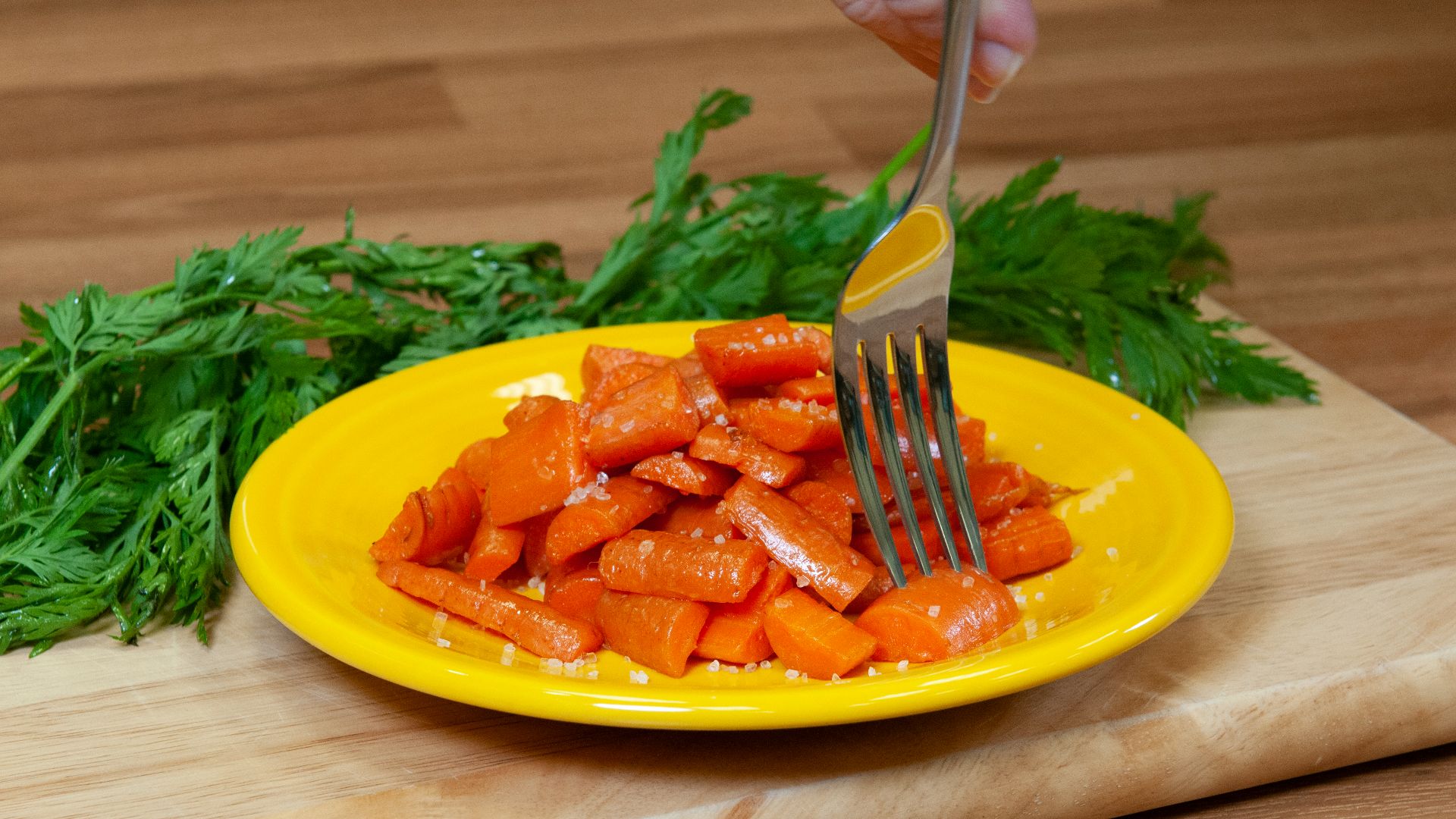 Alabama Extension on Wikimedia
Alabama Extension on Wikimedia
7. Pumpkin
Cats benefit from plain pumpkin as it helps hairballs move along. The fiber content regulates the system, addressing both constipation and diarrhea. In short, when offered without additives, cooked pumpkin provides a mild, safe way to promote better digestive health.
8. Apples
Seeds and cores must be removed from apples before serving to cats. While apples contain beneficial fiber and vitamin C, most felines aren't naturally drawn to them. For interested cats, however, small pieces of peeled apple can become an occasional healthy treat.
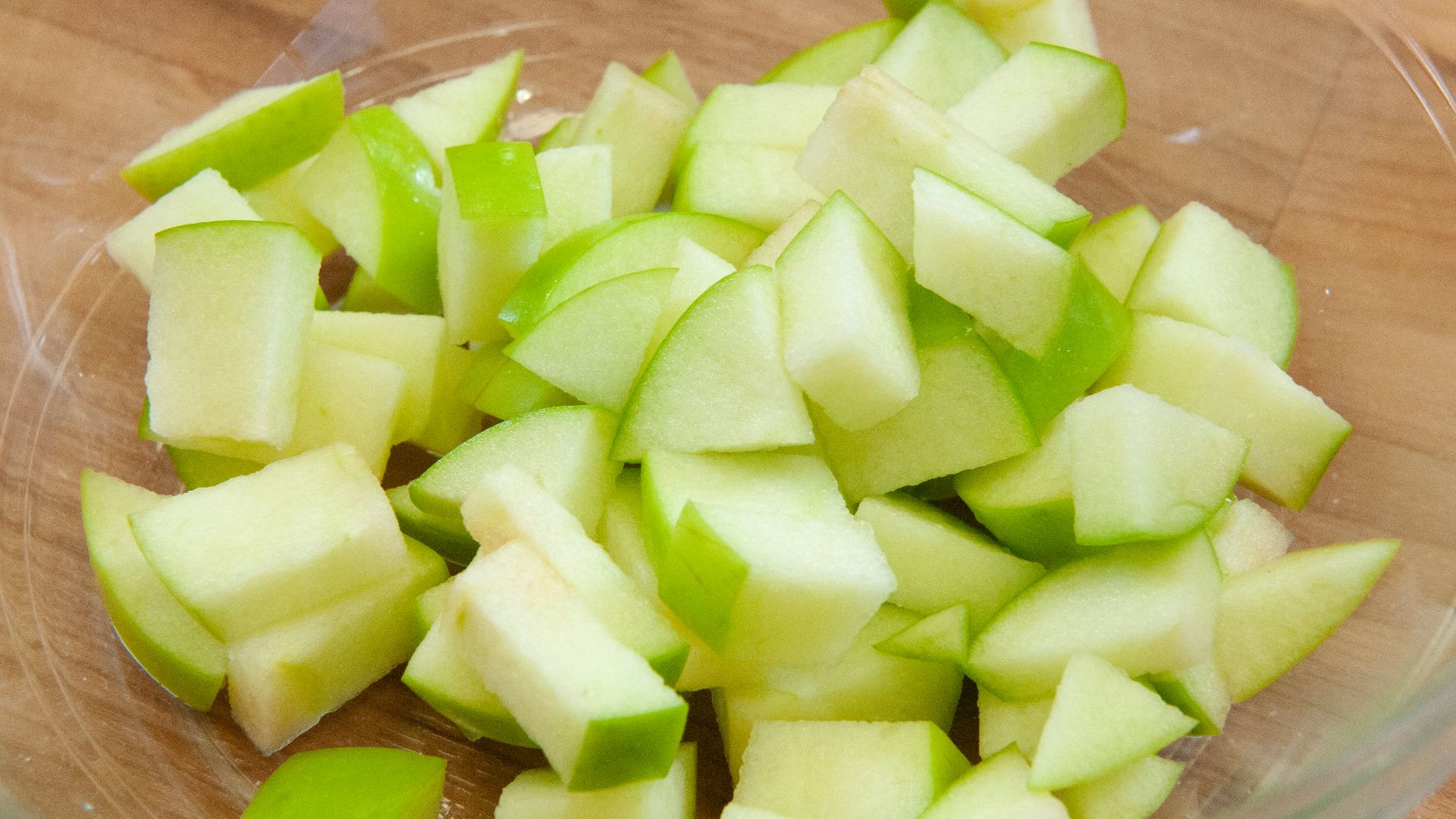 Alabama Extension on Wikimedia
Alabama Extension on Wikimedia
9. Bananas
For cats, bananas hold no advantage in potassium, though their fiber promotes healthier digestion. Non-toxic and generally safe, they should always be cut into small chunks to reduce choking risks. Its smooth, soft texture is usually appealing to many cats.
10. Rice
White rice provides a gentle solution for cats with digestive concerns, though brown varieties should be avoided. This simple food, despite lacking nutritional necessity, remains safe in small amounts. Many veterinarians specifically suggest rice when a feline's stomach needs settling.
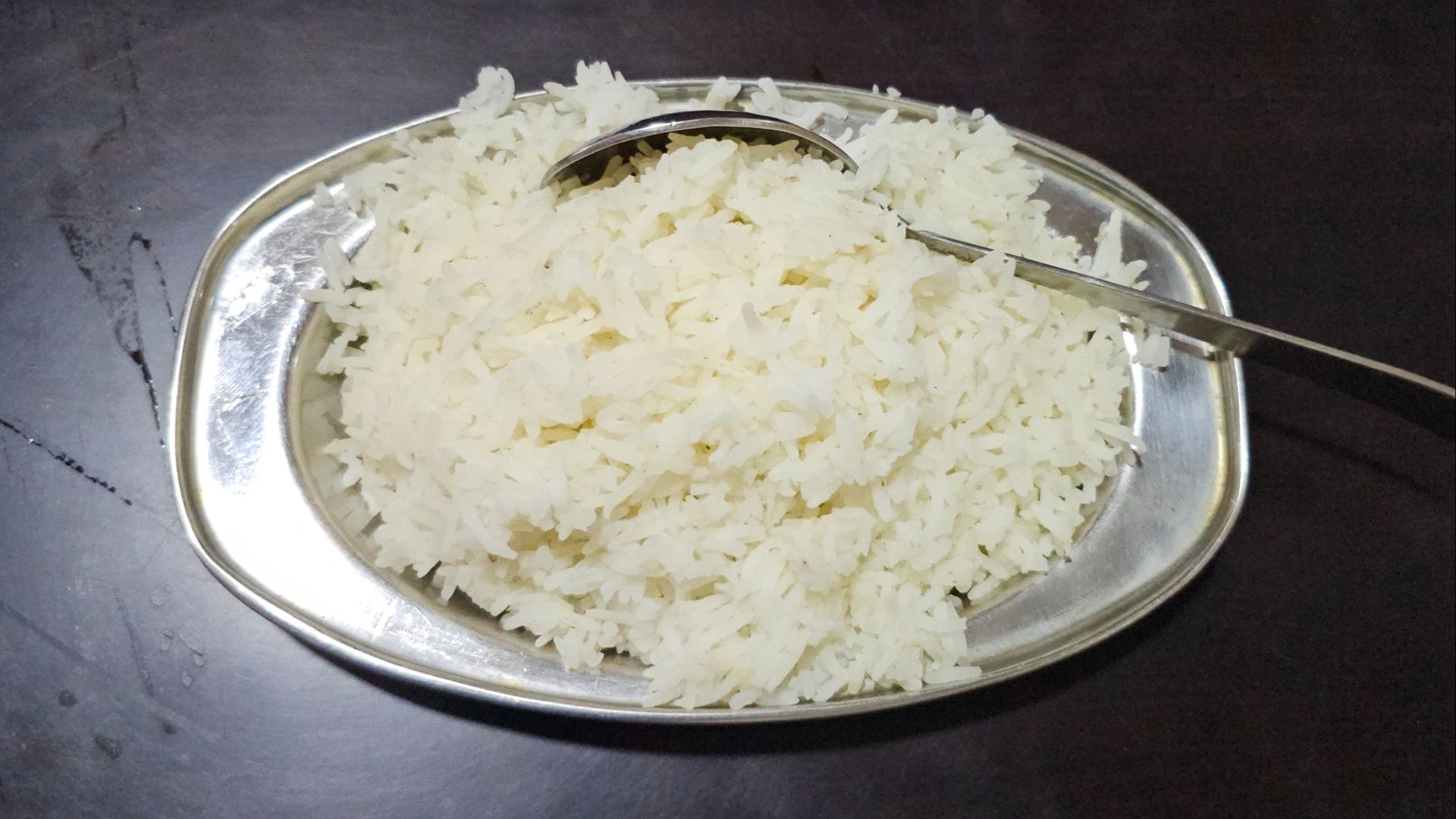 Ganesh Mohan T on Wikimedia Now, here are ten human foods that should stay off their menu completely.
Ganesh Mohan T on Wikimedia Now, here are ten human foods that should stay off their menu completely.
1. Onions
Small amounts of onion in any form can harm your cat's health. The sulfur compounds attack red blood cells, potentially leading to fatal anemia. As members of the allium family, onions cause hemoglobinuria in cats, resulting in dark-colored urine.
2. Walnuts
Cats should never be given walnuts, as these nuts pose significant health risks. Even small amounts can upset the digestive system and contribute to pancreatitis. Moldy walnuts are especially threatening, since they contain tremorgenic mycotoxins—neurotoxic substances capable of inducing seizures in cats.
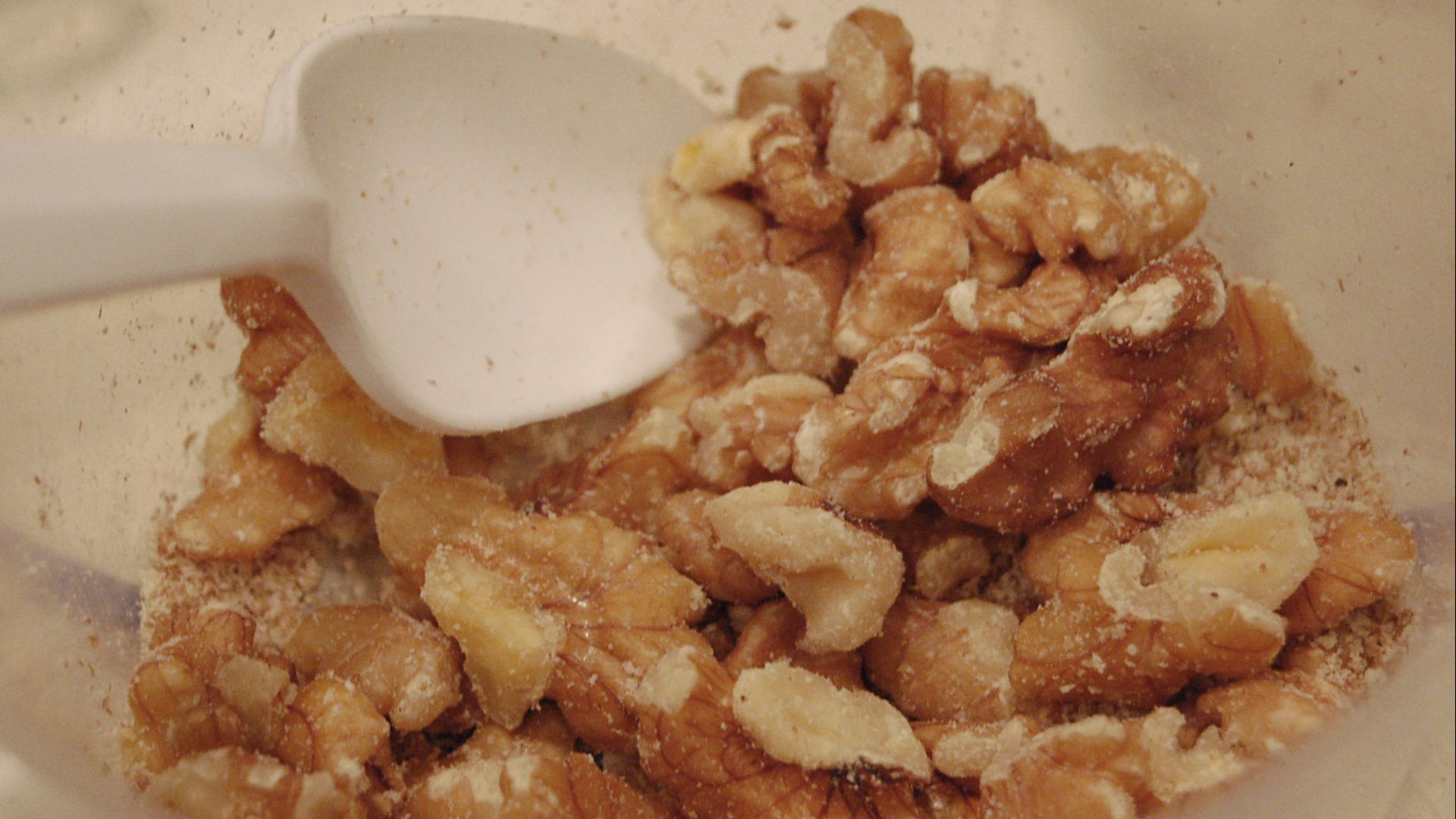 Photo by and (c)2006 Derek Ramsey (Ram-Man) on Wikimedia
Photo by and (c)2006 Derek Ramsey (Ram-Man) on Wikimedia
3. Chocolate
Dark chocolate stands out as the most harmful variety for cats. Its concentrated theobromine and caffeine disrupt the body’s systems, producing risks like digestive upset and seizures. Moreover, heart rhythm may be altered, and even minimal intake can leave a cat suffering significant discomfort.
4. Grapes
Both red and green grapes harbor an unidentified toxin that threatens cats' health. These common fruits contain substances capable of shutting down feline kidneys, and even tiny portions can prove dangerous. Today, scientists continue studying the specific compounds behind these severe reactions.
5. Avocado
Your cat's curiosity about avocados could lead to serious health issues, as this fruit's persin toxin triggers vomiting and diarrhea. Worse, its pit creates a choking hazard. Though flesh contains less persin than skin or leaves, it remains unsafe.
6. Tomatoes
Tomatoes come from the nightshade family, which contains compounds that can be harmful to cats. The stems, leaves, and unripe green fruit are especially dangerous because they contain solanine, a toxin that upsets the digestive system. To ensure safety, it’s best to avoid feeding tomatoes altogether.
7. Mushrooms
The risk of liver failure makes mushrooms extremely dangerous for cats. Some toxins in both wild and store-bought varieties can be lethal, while others cause severe neurological symptoms. Additionally, cats who consume mushrooms often experience vomiting and diarrhea.
8. Macadamia Nuts
The scientific community hasn't identified which compound makes macadamia nuts dangerous, though their effects are clear. Dogs experience proven toxic reactions, while cats face different risks. At the same time, these nuts can cause digestive problems and create dangerous choking situations.
9. Garlic
For cats, garlic is far more toxic than onions because of its concentrated harmful compounds. The powdered form, commonly used in spice blends, is especially hazardous. Exposure often triggers serious reactions, including vomiting, weakness, and difficulty breathing at a rapid pace.
10. Bread Dough
The expanding nature of raw bread dough creates hazardous blockages in feline digestive systems. At the same time, yeast fermentation generates alcohol that cats absorb quickly. These dual threats can result in severe illness or death, with symptoms appearing rapidly.


